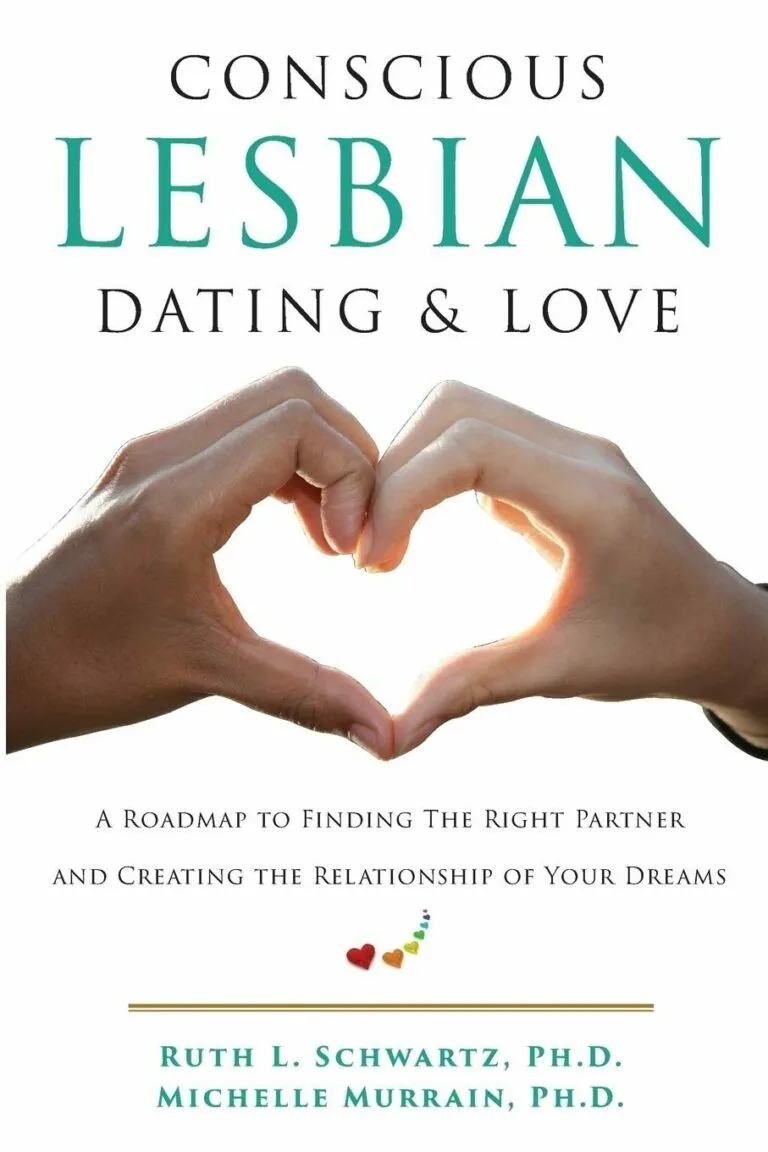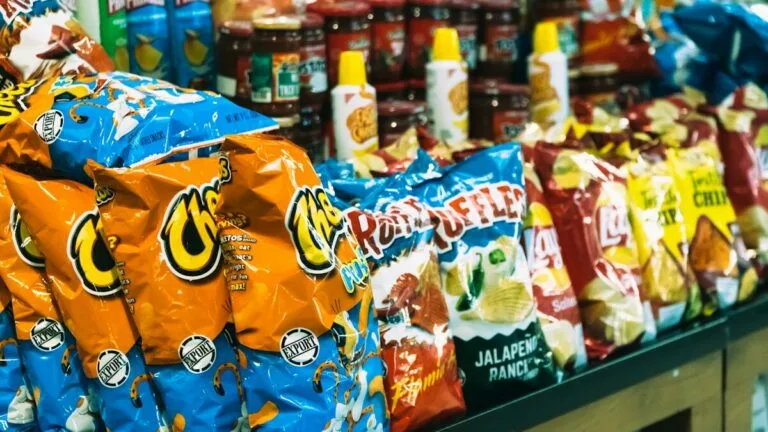10 Easy Actions to Beat Plastic Pollution on World Environment Day 2023
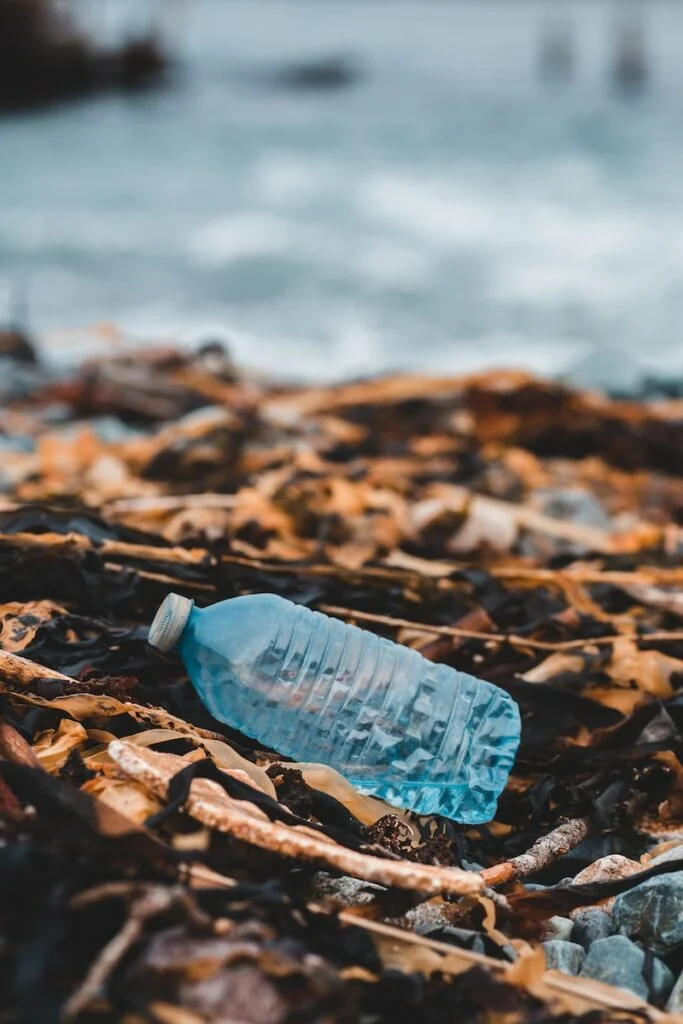
As the sun dawns on a new day, the celebration of World Environment Day, paints the world in hues of hope and renewal. Can we beat plastic pollution? This annual day of awareness, initiated by the United Nations in 1974, continue to remind us that the environment needs us to take drastic action to safeguard our planet.
We stand on the power to shape the destiny of our planet as stewards of Earth. A blue dot in the infinite cosmos, our home is a cluster of ecosystems that will need to learn to coexist on the long run. The question is not just about survival – it’s about the kind of world we want to leave behind for our children, and their children after them. It’s about azure seas continuing to teem with life, the forests continuing to sing with the whispers of the wind, and the mountains continuing to stand as summits of resilience.
There are questions that we no longer can avoid on the World Environment Day: are we able to coexist harmoniously with nature and for how long? Is it possible that one day the expression ‘endangered species’ would no longer hang above our heads and clean air and water would no longer be luxuries, but enough for all.
What are the stark realities we face and what are the actions we can take to beat the plastic pollution? One thing is certain right now: there is no Planet B.
Plastic pollution- a pandemic with no cure?
Our addiction to plastic is visible, palpable, now more than ever. Yearly, we produce around 430 million tonnes of plastic, two-thirds of which are short-lived products that soon join the ever-growing mountains of waste. This insurmountable scale of plastic pollution is not just a blight on our landscapes but carries devastating impacts on our ecosystems and wildlife, our health and well-being, and the global economy.
Yet, despite the escalating crisis, current commitments made by governments, industries and individuals are barely scratching the surface, with projections indicating only an 8 per cent reduction in the annual volume of plastic flowing into the ocean by 2040. Alarmingly, the social and economic costs of plastic pollution are estimated to reach up to a staggering US$600 billion per year.
In stark contrast to these distressing figures, we continue to churn out plastic at an accelerated pace. Plastic, due to its convenience and versatility, is the double edged sward hanging above our heads. Plastic has entered every single aspect of our existence, from the cars we drive and the homes we live in, to the medical devices we rely on, the clothes we wear, and even the water we drink.
Although the media often highlights images of wildlife ensnared in plastic waste, the reality of plastic pollution extends far beyond these heart-wrenching visuals. Much of the plastic pollution is not visible to the naked eye, but its impacts are far-reaching and insidious. Microplastics, tiny fragments of plastic less than 5mm in length, have infiltrated our soil, water supplies, and even our bodies.
These microscopic invaders can absorb and carry harmful pollutants, and when they enter our food chain, they bring these toxic substances with them. The long-term health effects of ingesting microplastics are still unknown, but the evidence so far suggests that urgent action is needed to curb this invisible threat.
This World Environment Day, we need to confront our addiction to plastic head-on. It’s high time we break free from our plastic-dependent habits and strive for sustainable alternatives, fostering a future where our convenience does not come at the cost of our planet’s health and our own. Let’s remember that every piece of plastic we refuse could be a lifeline for a marine creature or a step towards cleaner soil and water.

Changing our relationship with plastic to beat pollution
World Environment Day 2023 carries a profound resonance. Each year, the world community comes together to champion a specific environmental cause. This year’s call to action is #beatplasticpollution – echoing the urgent need to heal the wounds inflicted on our planet, to restore biodiversity, to replenish our natural resources, and to rekindle our commitment to a sustainable future.
An important part of this battle against plastic pollution is the Plastic Smart Cities Initiative, spearheaded by the World Wide Fund for Nature (WWF). This initiative is a dedicated effort to prevent plastic from entering our natural environments, with an ambitious goal of achieving no plastics in nature by 2030. The problem of plastic pollution is heavily urban—around 60% of plastic marine debris originates from cities as urban waterways carry plastic waste into the ocean. As urban centers continue to grow, accounting for two-thirds of the global population by 2050, the role of cities in tackling plastic pollution becomes even more significant1.
The Plastic Smart Cities Initiative supports cities and coastal centres in taking bold action to stop plastic pollution. The immediate goal is to reduce plastic leakage into nature by 30%, but aim to completely eliminate such leakage by 2030. The initiative is a shift towards a circular economy, encouraging the implementation of best practices in six areas: financial instruments, prevention, collection, reuse, recycling, and disposal.
This approach is in alignment with the internationally recognized Waste Hierarchy, which prioritizes prevention as the first action and considers disposal only as a last resort. The initiative goes beyond just addressing the problem—it seeks to transform our relationship with plastic. The aim is to create a world where packaging and waste leave no impact on our planet, materials are recycled and reused to their fullest potential, resources are responsibly managed, and negative impacts are proactively avoided. It’s a comprehensive strategy that acknowledges the complexity of the problem, but also the breadth of the solution.
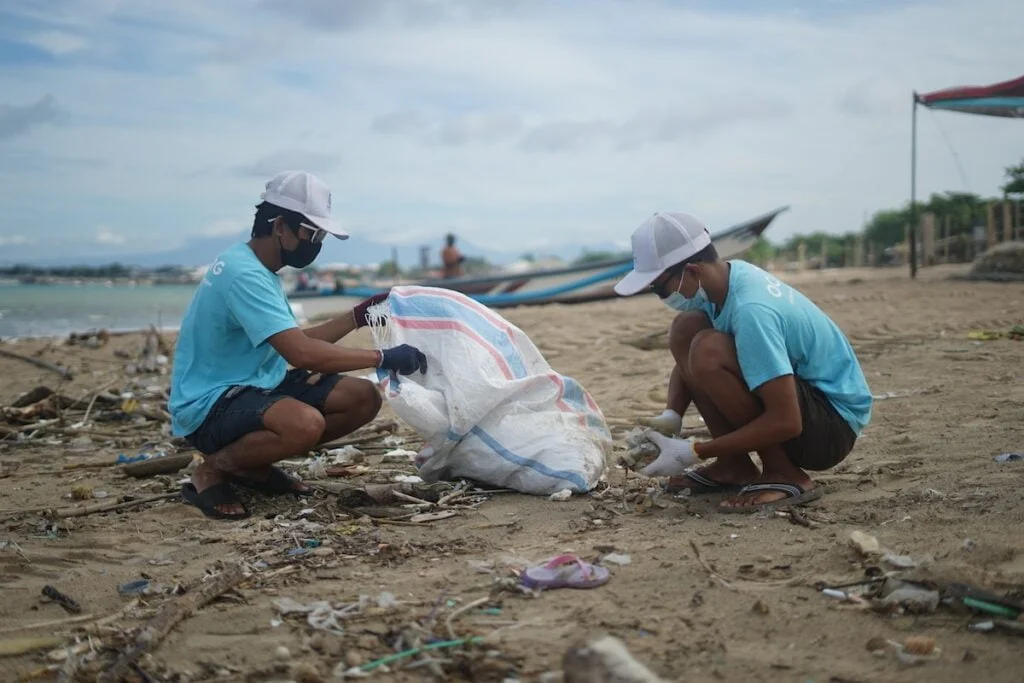
10 easy actions each one of us can take today to stop plastic pollution
Let’s find 10 easy actions that each one of us can take today to beat plastic pollution to celebrate our natural world on the World Environment Day and beyond:
Avoid Single-Use Plastic: The most straightforward step is to say no to single-use plastic items, such as bags, bottles, straws, and cutlery. Use reusable alternatives instead.
Recycle Properly: If you can’t avoid plastic, make sure to dispose of it correctly. Learn about your local recycling guidelines and follow them.
Support Plastic-Free Products and Stores: Give your patronage to companies and stores that offer plastic-free products or that minimize their use of plastic in packaging.
Participate in Clean-Up Activities: Join local community clean-up events or organize one yourself.
Spread the Word: Use your voice to raise awareness about the impacts of plastic pollution. Share information with your friends, family, and online networks.
Educate Yourself and Others: Stay informed about the plastic pollution crisis and learn more about solutions. Share this knowledge with others.
Support Legislation Against Plastic Pollution: Advocate for and support policies that aim to reduce plastic waste and promote sustainable alternatives.
Reduce, Reuse, Recycle: Remember this mantra and apply it to all aspects of your life, not just plastic use.
Compost at Home: Many items we think of as waste can actually be composted at home, reducing the amount of waste that goes to the landfill.
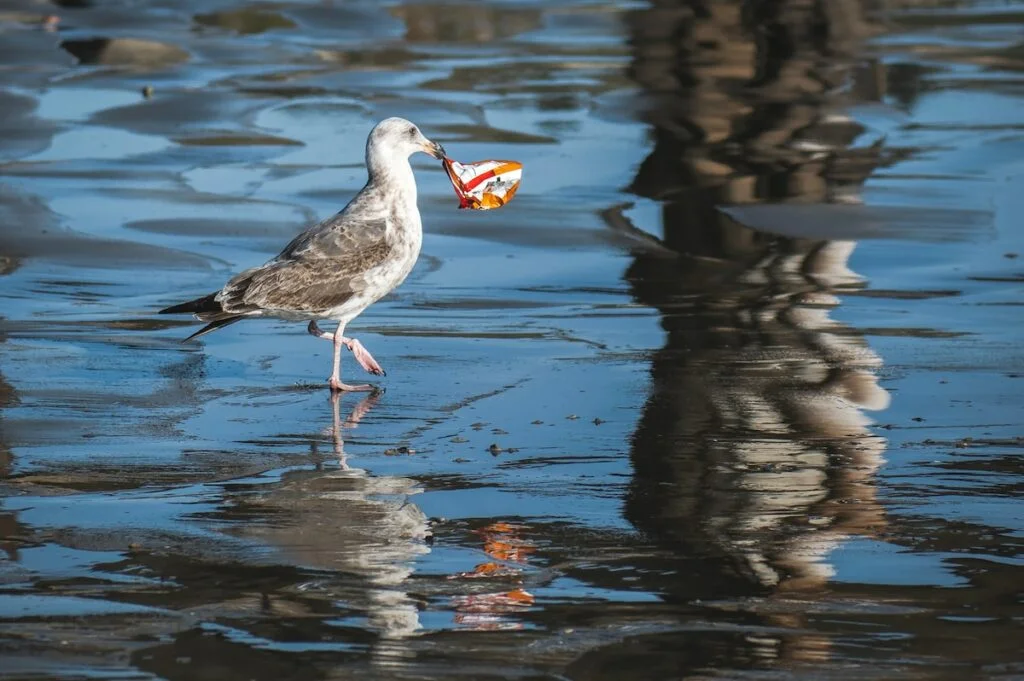
Make responsible lifestyle choices: reduce- reuse- recycle
In the spirit of World Environment Day, we asked our readers to share their solutions for the plastic pollution crisis and we received a large number of messages from mothers from around the world which could only demonstrate their commitment to protect the future of our planet for the younger generation. Remember, every single action counts, and together, we can make a difference. Let’s make World Environment Day 2023 a turning point in our fight against plastic pollution and our journey towards a more sustainable future.
Beyond plastic, consider the environmental impact of all your choices, from the food you eat to the clothes you wear to the way you travel. The first step to beating plastic pollution is to adhere to these three R’s.
” To reduce our consumption of single-use plastics, we reuse where you can, and make sure we recycle correctly. From shopping bags to water bottles, coffee cups to straws, there’s a reusable alternative for almost everything. We decided to invest in these to reduce the amount of plastic we consume as a family” – Jennifer, South Carolina
We stopped buying water in plastic bottles and only buy from companies that use eco-friendly packaging and who are committed to reducing their environmental impact. We pack our lunches in reusable containers and no longer plastic cutlery. Not only is this better for the environment, it also save our money in the long run. We made a packed between us to collect plastic litter while we’re out and about and dispose of it properly. Once a month we organize a clean-up in our local park and invite our community to join!” Hannah, Belgium
“Education is crucial in the fight against plastic pollution. My daughters looked online and discovered that many beauty products contain tiny plastic particles known as microbeads. Now we all choose natural alternatives instead to protect the environment from these harmful pollutants. We share these facts with our friends, family, and and encourage them to join us to create awareness.”- Elisabeth, London
“Instead of throwing organic waste into the trash, where it often ends up in plastic-lined landfills, we started a compost bin at home. We reduce our waste and create nutrient-rich soil for our garden, plants really look better!” Georgina, Aberdeen
“We bought a freezer and we reduced our shopping trips from once a week to once a month. Purchasing our groceries and other goods in bulk significantly cut down on plastic packaging, save time, petrol and quite a few bucks. My sons are always excited to bring our own reusable containers!” Joanne, just relocated to New York City
Many readers shared with us how they ask their local leaders to sign their town or up village to the Plastic Smart Cities- an initiative, which mobilizes cities and regions to prevent plastic leakage into the natural environment.
How do you support policies and initiatives that aim to reduce plastic pollution? This could involve voting, contacting your local representatives, or participating in peaceful protests.
Remember, change starts with you. This World Environment Day, let’s commit to these simple actions and make a significant impact in our fight against plastic pollution. Together, we can safeguard our beautiful planet for generations to come.
The Earth does not belong to us, we belong to the Earth
The Intergovernmental Panel on Climate Change (IPCC)’s Sixth Assessment Report (AR6) underlines the unprecedented changes to the Earth’s climate due to human-induced global warming of 1.1 degrees Celsius. This warming has led to more extreme weather events, rising sea levels, and the rapid disappearance of sea ice. Furthermore, each additional 0.5 degree Celsius of global temperature rise will cause a clear increase in the frequency and severity of heat extremes, heavy rainfall events, and regional droughts.
The adverse impacts of climate change are more far-reaching and severe than anticipated. About half of the global population currently contends with severe water scarcity for at least one month per year, and higher temperatures are enabling the spread of vector-borne diseases. Furthermore, climate change has slowed improvements in agricultural productivity in middle and low latitudes, with crop productivity growth shrinking by a third in Africa since 1961. Every fraction of a degree of warming will intensify these threats.
While these challenges are formidable, the IPCC also highlights the potential of adaptation measures to build resilience. However, more finance is needed to scale solutions. Developing countries alone will need $127 billion per year by 2030 and $295 billion per year by 2050 to adapt to climate change. Currently, funds for adaptation account for only 4% to 8% of tracked climate finance.
Our Earth is not a collection of geographical locations and landscapes for human activities. It is a vibrant, living entity that sustains us, a bountiful provider, a complex network of ecosystems and species, and a source of beauty and inspiration. This World Environment Day, let us take a moment to appreciate the intricate tapestry of life that surrounds us, and to recognize our role in protecting and preserving it.
The need for restoration is a necessity that we no longer could ignore. We’ve seen the ravages of climate change, the alarming rates of deforestation, the loss of biodiversity, and the pollution of our oceans, air, and land. These environmental challenges are a clarion call for action.
But amidst these challenges, there is also hope. The story of our planet is not only one of destruction, but also one of resilience and recovery. From the reforestation efforts in Brazil’s Atlantic Forest to the successful conservation of the mountain gorilla population in Africa, there are countless examples of humans working hand in hand with nature to reverse ecological damage.
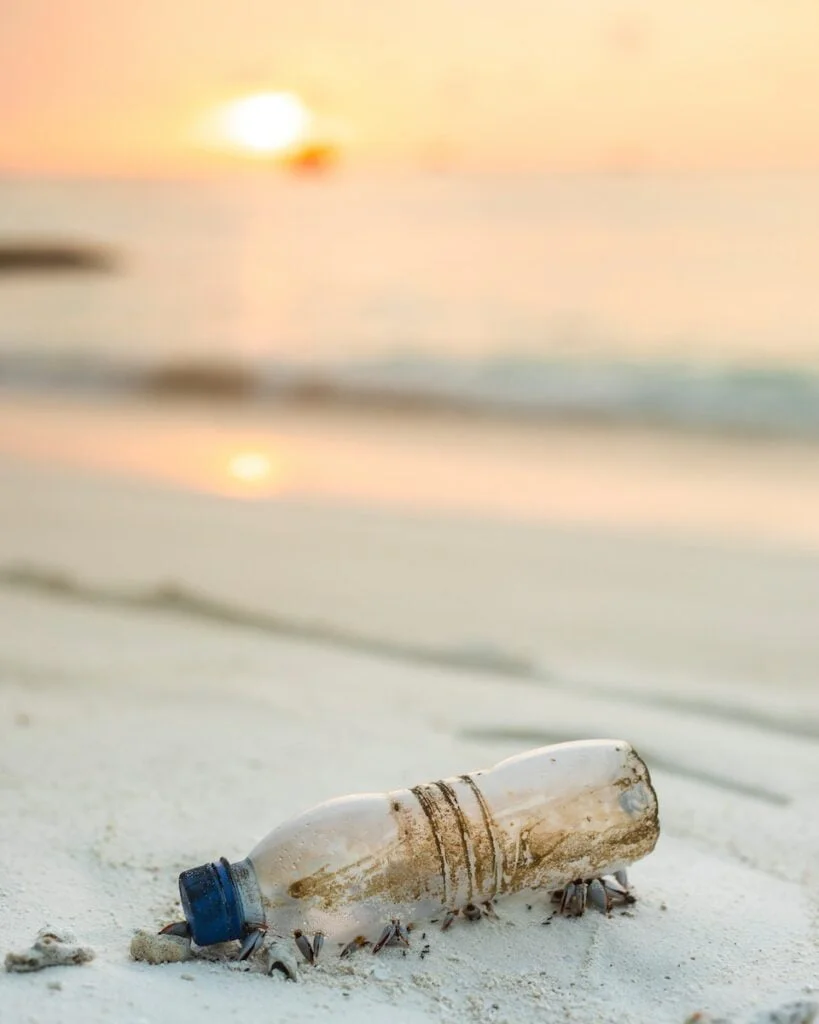

On this World Environment Day, let’s remember that each of us has a role to play in restoring our Earth. Small actions, when multiplied by billions of people, can transform the world. Plant a tree. Reduce, reuse, and recycle. Advocate for clean energy. Support sustainable businesses. Encourage your community to protect local ecosystems. Every action counts.
The celebration of World Environment Day is not confined to a single day. Instead, it serves as a reminder of our enduring commitment to our planet. Every day is an opportunity to make choices that are environmentally friendly, to influence policy, to educate others, and to contribute to the global effort for a healthier, more sustainable world.
World Environment Day 2023 is a reminder of our shared responsibility and our shared opportunity. Restoring our Earth is not just a challenge; it’s an imperative for our survival and a chance for us to reaffirm our bond with nature. As we reflect on this day, let us not be daunted by the magnitude of the task ahead. Instead, let us be inspired by the power of collective action, the resilience of nature, and the potential of humanity to effect change.
In the words of American anthropologist Margaret Mead, “Never doubt that a small group of thoughtful, committed citizens can change the world; indeed, it’s the only thing that ever has.” Let this World Environment Day be the spark that lights the fire of environmental stewardship in all of us, inspiring us to work together to restore our Earth and secure a sustainable future for generations to come.
As we step into tomorrow we must remember that the power to change the course of our environment lies within us. We must learn to live in harmony with nature, treating it not as a commodity but as a living entity that sustains us. The Native American saying, “We do not inherit the Earth from our ancestors; we borrow it from our children,” is a reminder of this responsibility.
Do you want to share your story and inspire our readers ? Know that every story is paving the way for a brighter, happier future.





